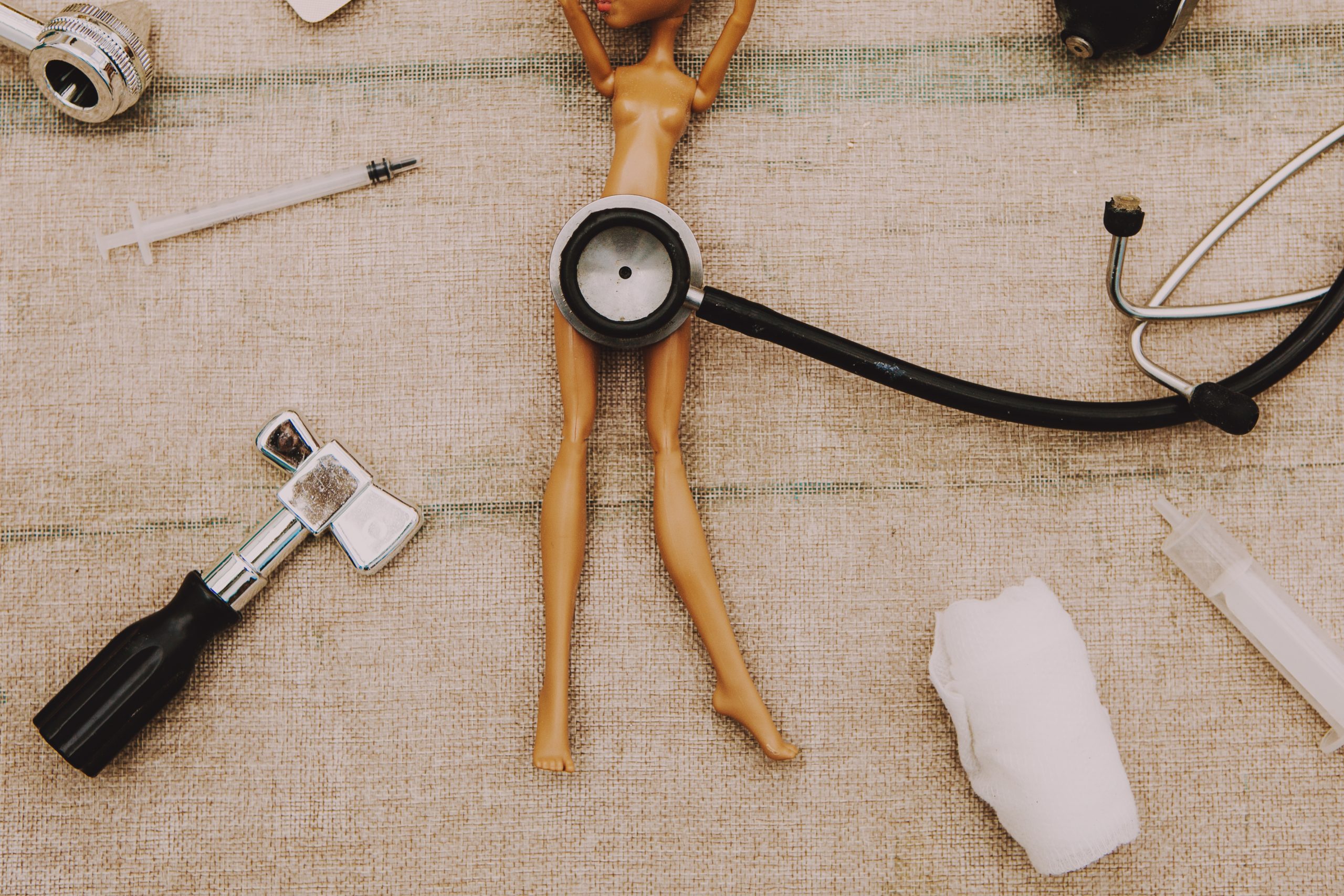How old wisdom about menstruation unlocks higher performance.
The Naked Truth: Porn is Bad For You

You don't need a study to tell you what common sense confirms.
If someone can be radicalized by the Internet, surely he or she can be debilitated by porn. The existence of the former phenomenon implies the possibility of the latter: if you can be unhealthily seduced by radical ideas, surely you can become unhealthily addicted to stimulating images.
And yet the same people who fret with horror over the dangerous phenomenon of young men falling down the proverbial rabbit hole, or taking the infamous red pill, regard heavy porn users who seek increasingly bizarre porn themes or formats as tantamount to someone discovering a new flavor of ice cream they like. Much of the conversation around porn suggests that “problematic porn use” is real, but it’s real only insofar as it’s an expression of someone’s inner turmoil, i.e., they’re using it to escape their day-to-day life.
Or maybe it’s problematic because it’s breaking the law, or violating someone’s consent, or it’s being pirated, or it’s so stigmatized that it’s inducing undue feelings of shame. But no other dimensions of “problematic use” ever seem to be up for debate—there is imagined to be no causal link between porn itself and the destructive behaviors it often generates.
And it’s true, writing about porn is frustrating. It’s a topic where most people who care to comment have an agenda, and the few who don’t can’t seem to agree. In The Atlantic, reporter Olga Khazan writes, “Whether porn is actually harming the health of adults who watch it is frustratingly hard to determine. Most studies of porn raise questions of correlation and causation: Is someone depressed and lonely because they watch too much porn? Or are depressed, lonely people drawn to porn?”
Research turns up nebulous answers, one study contradicting the next. As a 2017 article in BBC’s Future put it, “Watching porn has been linked to a multitude of problems for individuals and wider society—but for every study maligning it, another clears its name. Often, evidence is mixed, and the research methods and sample sizes of studies have their limitations.”
Then there’s the added problem of optics and politics: pro-porn and anti-porn organizations alike fund studies to bolster their agendas. This leaves very little room for the truth.
But that doesn’t mean that this issue is completely obfuscated, that there is no clear right or wrong. A lot of the conversation between people—between friends—seems to overlook a vital tool in our toolbox: common sense. Common sense is vitally useful, especially in personal decision-making.
So, here’s what I know. I know that immersion in, or even just regular usage of, anything has an impact on a person’s psychology. The mere-exposure effect, which suggests that people prefer what they’re most familiar with, is commonly exploited in advertising.
Conventional wisdom says the best way to learn a language is to move to the target country. Stay abroad long enough, your accent shifts over time. People who watch a lot of anime are apt to pepper their conversations with the words, ideas, and sensibilities of its aesthetic and culture.
In my own research on Tumblr usage, a common thread among interviewees has been their surprise at what they internalized. One woman shared that even though she didn’t buy into certain political ideas, because she was viewing them regularly, they began to infect her own thinking. But this thread goes beyond the incendiary—I’ve also had people tell me that they were no fans of the Marvel Cinematic Universe or Supernatural or Sherlock until they started repeatedly seeing stills and gifs and felt inspired to check them out. We know that Instagram and TikTok both influence trends—often, again, from mere exposure. We also probably know what our emotional responses are to influencers, to pictures of our friends hanging out without us, and to delicious food.
Common sense also says that immersion and exclusion also have an impact on individuals. Only watch Disney movies to the exclusion of living in the real world, and you’d be forgiven for thinking life has a fairytale ending. So why does porn get granted this special status, this immunity to mimesis or to impacting our emotional responses? The experts might say it’s on shaky ground, but common sense doesn’t: if you’re a frequent viewer of porn, it will have an impact on any number of things.
It’ll impact your taste; your openness to certain behaviors; the language you use to talk about sex; the lens you use to think about it. And for some people, like the kid who eats chocolate cake every day or the person who attends too many lavish parties, it might just start to bore you. You might desensitize yourself to sex all together. Want insight into the deteriorating relations between the sexes, into why kids are shunning sex and shutting down emotionally? Start there. You don’t need a study: just look around.
The American Mind presents a range of perspectives. Views are writers’ own and do not necessarily represent those of The Claremont Institute.
The American Mind is a publication of the Claremont Institute, a non-profit 501(c)(3) organization, dedicated to restoring the principles of the American Founding to their rightful, preeminent authority in our national life. Interested in supporting our work? Gifts to the Claremont Institute are tax-deductible.
Our human bodies cannot be reduced to interchangeable commodities.
From the CDC on down, medical institutions have betrayed our trust too many times.
Which way, Western woman?
Conservatives and feminists must unite against technocratic effacement.





